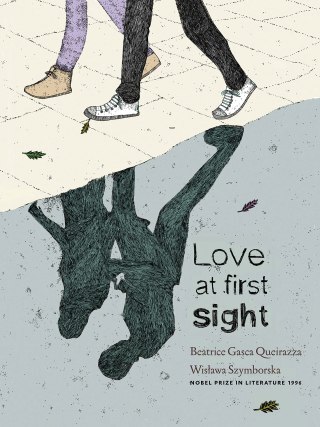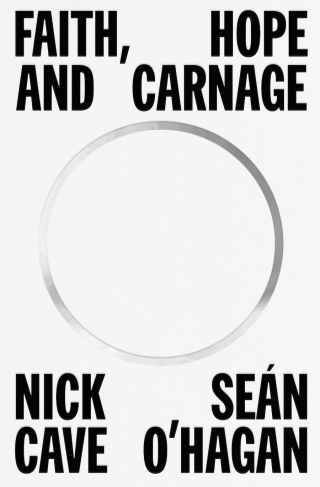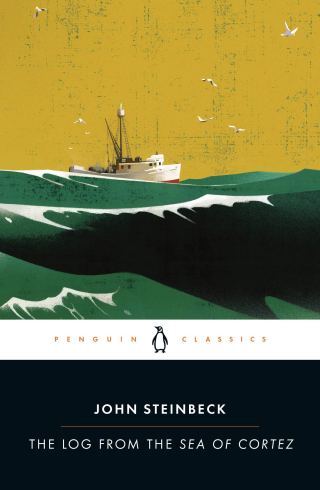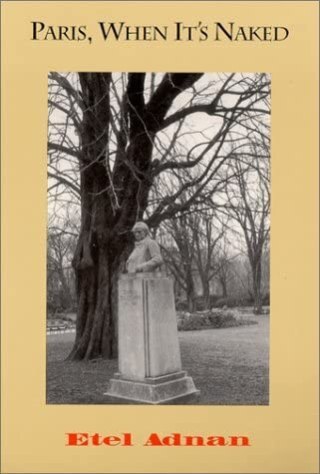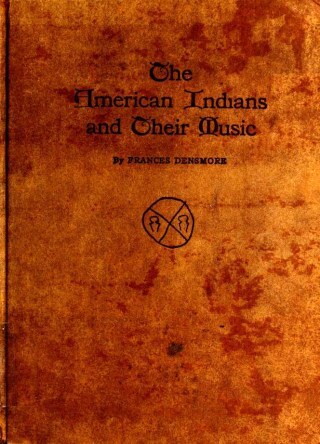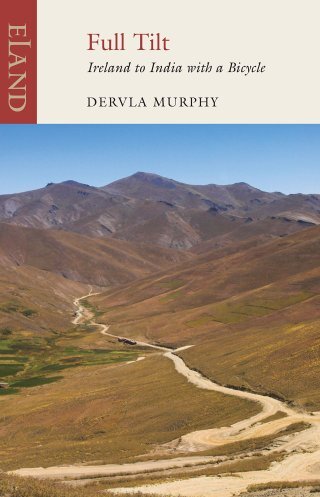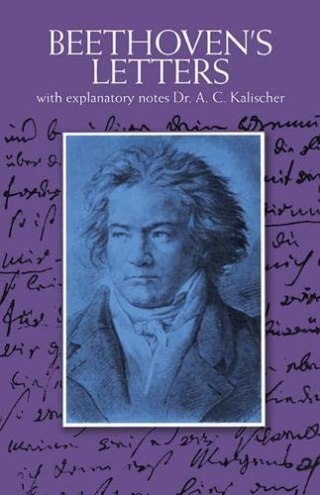Maria Popova's Blog, page 55
November 12, 2022
The Unphotographable: Jack Kerouac’s Soaring Diary Entry About Self-Understanding and the Elemental Vastness of the Windblown World
November 10, 2022
Nobel Laureate Wisława Szymborska’s Poem “Love at First Sight,” Illustrated
Some of us call it chance; those less at peace with the randomness that governs the universe may call it “God.” But however we name it, there are moments in life when we feel its workings deeply and seek to make meaning out of them — that is part of our creaturely inheritance as the sensemaking species, the pattern-seeking animal. Hindsight is the enchanted loom on which we weave the pattern of...
Nick Cave on Music, Mystery, and the Relationship Between Vulnerability and Freedom
“Whatever inspiration is,” the Polish poet Wisława Szymborska observed in her superb Nobel Prize acceptance speech, “it’s born from a continuous ‘I don’t know.’” And yet, with our reflex for teleological thinking — that childish grab at “I know!” — we...
November 9, 2022
The Log from the Sea of Cortez: John Steinbeck’s Forgotten Masterpiece on How to Think and the Art of Seeing the Pattern Beyond the Particular
The hardest state for a human being to sustain is that of open-endedness. We may know that uncertainty is the crucible of creativity, we may know that uncertainty is the key to democracy and good science, and yet in our longing for certainty we keep propping ourselves up from the elemental wobbliness of life on the crutch of opinion. Few things are more seductive to us than a ready opinion, and we brandish few thing...
November 7, 2022
The Temple of Flora: Stunning Illustrations of Flowers Inspired by Erasmus Darwin’s Radical Scientific Poem About the Sexual Reproduction of Plants
A century before Emily Dickinson wrote that “to be a Flower is profound Responsibility,” Erasmus Darwin (December 12, 1731–18 April 18, 1802) — Charles’s grandfather and his great influence on evolutionary ideas — set out “to inlist Imagination under the banner of Science, and to lead her votaries from the looser analogies, which dress out the imagery of poetry, to the stricter ones, which form the ratioci...
November 6, 2022
How to Be a Swimmer in the Stream of Time: Poet, Painter, and Philosopher Etel Adnan on the Antidote to Disorientation and Isolation
To take the vaster perspective of time and space is always an act of resistance to seeing the present as islanded in time — the depiction menacing us from TV screens and news headlines. But it is also a deeply disorienting experience, for it plunges us into the immensity of being, asking us to learn to swim in the stream of time — or else we sink into our isolated smallne...
November 3, 2022
The Woman Who Saved Native Song
Tucked into a corner of the Library of Congress is the Densmore Collection of cylinder phonographs — a bygone medium containing the living songs of an ancient culture.
In the early twentieth century, the U.S. government continued its assault on Native Americans by demanding they relinquish their tribal languages and belief systems, teach their children English, a...
November 2, 2022
Reclaiming Our Human Potential in the Age of Technological “Progress”
A generation after the trailblazing cultural anthropologist Ruth Benedict insisted that “there is no reason to suppose that any one culture has seized upon an eternal sanity and will stand in history as a solitary solution of the human problem,” heralding instead “the great diversity of social solutions” that different cultures have devised for the same common human proble...
How to Be Un-Dead: Anaïs Nin and D.H. Lawrence on the Key to Living Fully
“When you surrender, the problem ceases to exist,” Henry Miller wrote in his stunning letter to Anaïs Nin (February 21, 1903–January 14, 1977). “Try to solve it, or conquer it, and you only set up more resistance.”
But we, the controlling species, the conquering species, have a hard time with this notion of surrender; we...
October 31, 2022
Beethoven and the Art of Amends
In the late 1780s, as the air of revolution was swarming Europe, the young Ludwig van Beethoven (December 16, 1770–March 26, 1827) took improbable refuge in Bonn as a piano teacher to a kindly widow’s children. Her husband had died trying to save court documents in a fire when she was twenty-seven and had never remarried, raising their four children by herself — children she w...

